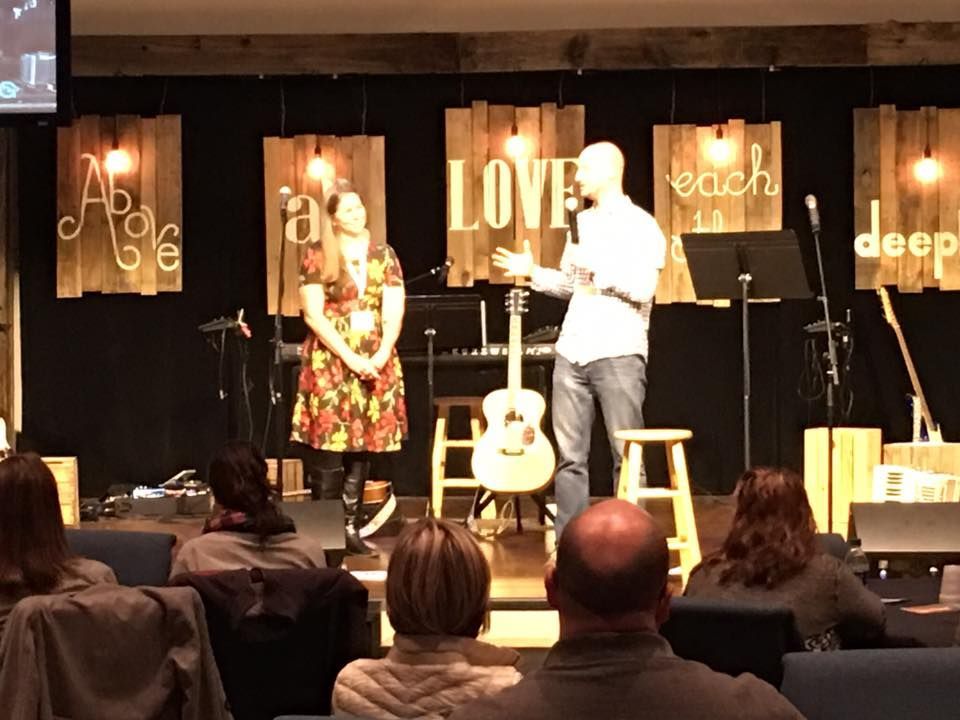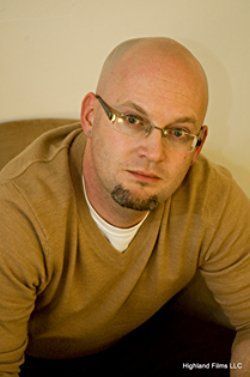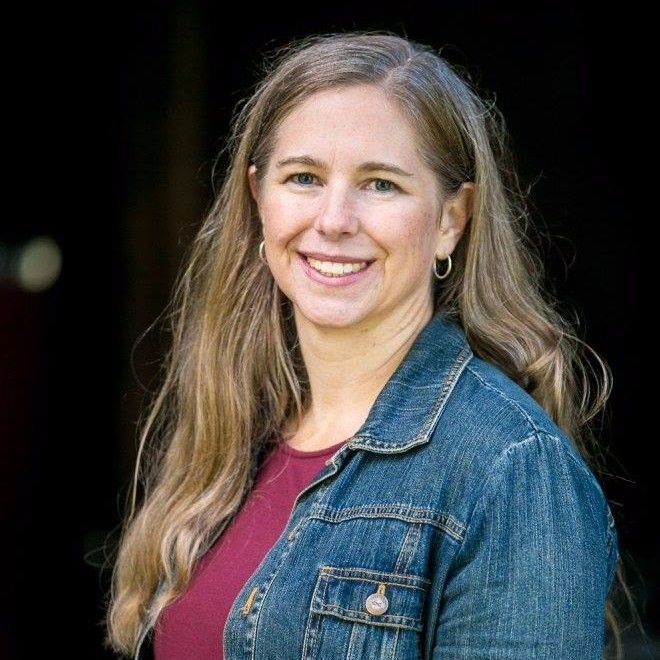Another great family reunion time with Ecclesia people!

Each year the Ecclesia National Gathering is a time of celebration for those within the network and other friends of Ecclesia. In addition to the welcome of new churches, one of the highlights of each year is the recognition of those who have been newly ordained or commissioned within Ecclesia. Within Ecclesia we like to say that Ordination or Commission is something that is best Locally Coordinated and Conducted, Regionally Involved and Affirmed, and Nationally Recognized and Celebrated. This falls in line with our value of the Primacy of the Local Church (note: this is distinct from the autonomy of the local church).
At the 2018 National Gathering we recognized the commissioning/ordination ofthe following 7 leaders:
Wendy Chinn, New Life in Blacksburg, VA
Aaron Hatton , University Christian Church in Cincinnati, OH
Christian Hearl , New Life Christian Fellowship in Blacksburg, VA
David McCann , New Life Christian Fellowship in Blacksburg, VA
Scott Meiser, Redemption Church in Bristol, PA
Becca Osborn , Life on the Vine in Arlington Heights, IL
Emily Shulz, New Denver Church in Denver, CO
In addition, a few years ago we began a special honor called the Perseverance Award
. Typically, the perseverance award is given to those individuals who set out to plant a new congregation, but their journey has been met with challenge and disappointment. Yet, in spite of those obstacles they maintained faithfulness to God’s call and didn’t give up or move on. However, this year our staff team decided to honor someone who has persevered in ministry over several decades of ministry. This year, we recognized Jim Pace for his many years of service and faithfulness at NLCF in Blackcsburg, VA.
Jim has spent three different decades in leadership at NLCF and has been an exemplar of dedication to ministry for many in Ecclesia. Jim is a former board member for Ecclesia and now regularly gives time to coaching and consulting with other churches.
spite of those obstacles they maintained faithfulness to God’s call and didn’t give up or move on. However, this year our staff team decided to honor someone who has persevered in ministry over several decades of ministry. This year, we recognized Jim Pace for his many years of service and faithfulness at NLCF in Blackcsburg, VA.
Jim has spent three different decades in leadership at NLCF and has been an exemplar of dedication to ministry for many in Ecclesia. Jim is a former board member for Ecclesia and now regularly gives time to coaching and consulting with other churches.
In 2016, Ecclesia also began a new honor called the Servants Award . This award is given to a member of the network that goes above and beyond the norm to pour themselves into the ministry of Ecclesia and the relationships between leaders. Past recipients of the Servants Award have been Mike Hollenbach of the TheBridge in Easton, PA and Jeanette Staats of NLCF in Blacksburg, VA. This year, our staff team bestowed the honor of the Servants Award to our excellent board chair person, Cyd Holsclaw.

Cyd stepped in faithfully to serve as the first non-staff board
chair for Ecclesia in 2017. She has dedicated hours of service to Ecclesia as a whole, as well as many trips and visits to network churches across the country. We have been blessed by her leadership and look forward to many more years!
More ENG ’18 photos here








